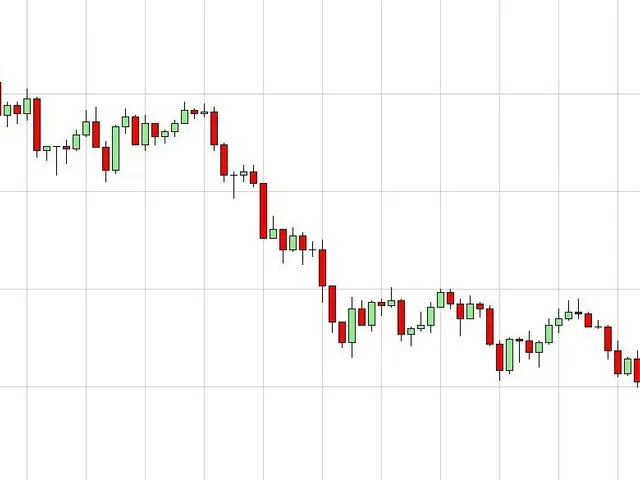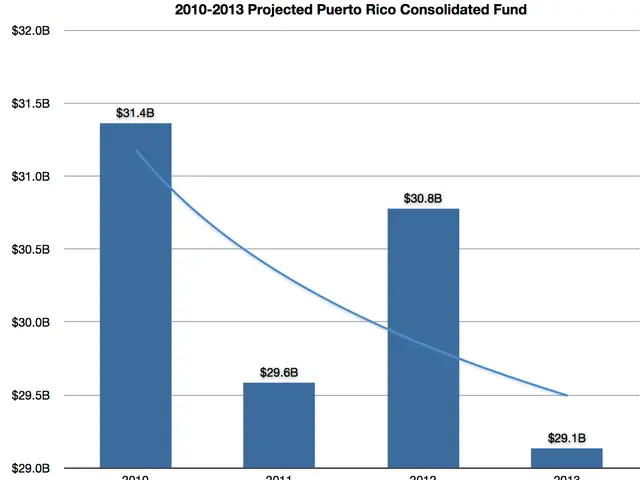Unveiling the Intricacies of Investing in Stocks and Bonds: Comprehensive Guide for 2025
Options trading can be a potent tool for investors seeking leverage, cost-effectiveness, flexibility, and risk management. However, it comes with its own complexities and risks.
Options are contracts that give the right, but not the obligation, to buy or sell a stock at a certain price, on or before a certain date. There are two types of options: call options and put options. When starting options trading, it is advisable to stick to simple strategies like buying calls or puts.
Call options give the right to buy a stock at a set price, while put options give the right to sell a stock at a set price. Put options are often used as a form of insurance to protect against a potential drop in the stock price. For instance, if an investor believes a stock may fall, they can buy a put option, allowing them to sell the stock at the strike price, potentially making a profit if the stock price falls below the strike price.
However, options trading demands careful knowledge and risk awareness. The risks include losing the entire premium paid if the market does not move favourably before the option expires, making options potentially worthless at expiration and leading to substantial financial loss. Some options trading strategies may expose traders to unlimited losses if not properly managed.
Before diving into options trading, it is recommended to use a demo account for practice. Not all brokers offer options trading, so it's essential to research and find a suitable broker. Options trading also requires active portfolio management, as every option has an expiration date, and if not acted upon in time, the opportunity and the money vanish.
The pros of options trading for investors include the ability to control more shares with less capital, requiring a smaller upfront premium, and the flexibility to profit in rising, falling, or volatile markets. Options also provide diverse strategic possibilities, enabling gains regardless of the market direction and allowing investors to benefit not only from price movements but also from time decay and volatility changes.
In summary, options trading offers powerful tools for amplification, flexibility, and risk management but demands careful knowledge and risk awareness to avoid significant losses. It is generally recommended for investors who have a strong understanding of derivatives markets. Options can be used to hedge against potential losses or speculate on the direction of a stock price. However, options trading is not suitable for total beginners and involves learning specific terminology such as "strike price," "expiration date," "premium," and "in the money."
Investing in the stock-market through options trading can provide opportunities for leveraging assets, minimizing costs, and managing risks effectively. This form of finance involves trading options, contracts that grant the right to buy or sell a stock at a specified price and date, including call options, which grant the right to buy, and put options, used as insurance against potential stock price drops.





